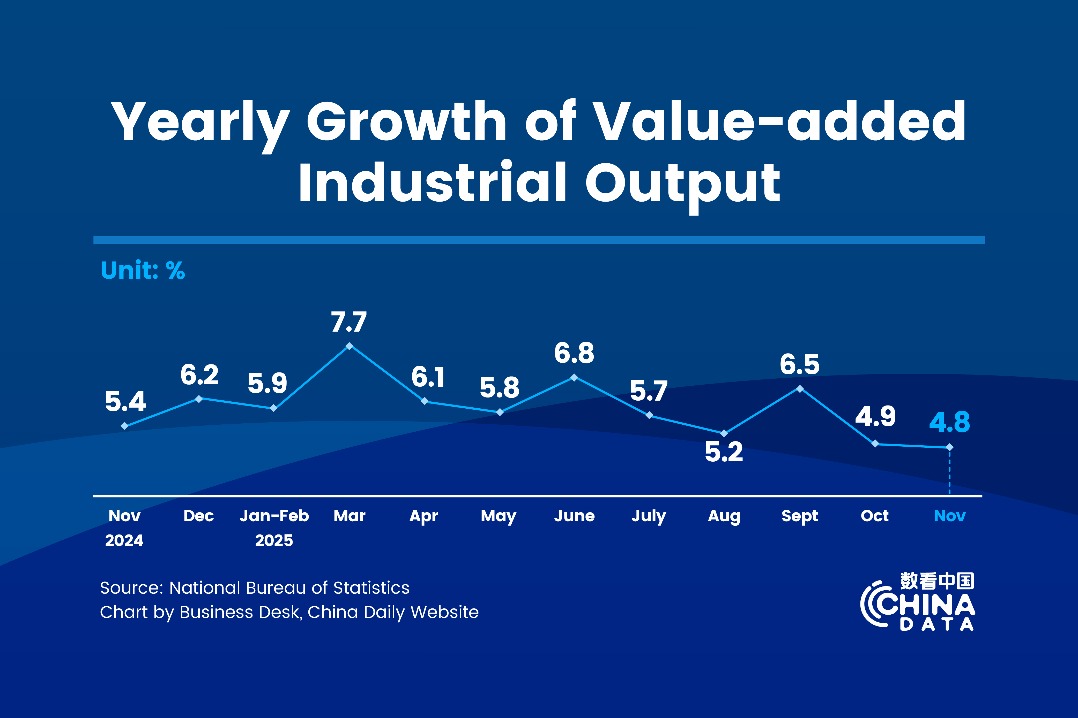China's top three airlines post combined profit of $2.4b

BEIJING - China's top three airlines reported robust combined profits, even as currency losses from a weakening yuan eroded earnings.
Air China Ltd, China Eastern Airlines Corp and China Southern Airlines Co stepped up sales of yuan-denominated bonds and cut dollar debt to reduce financing costs, as the local currency depreciated the most in more than two decades in the fourth quarter against the greenback.
Net income at all three fell short of estimates, as losses from swings in foreign exchange dragged down total combined profits to 16.3billion yuan ($2.4 billion), exchange filings showed on Thursday.
The eighth consecutive annual profit at the mainland carriers follows aggressive capacity additions, new routes and cheaper fares, as 488 million people - the combined populations of the United States, Germany and United Kingdom - take to the skies every year.
Among rivals bearing the brunt of that expansion is Cathay Pacific Airways Ltd, Hong Kong's carrier that embarked on a three-year corporate transformation program involving job cuts and management changes, after reporting its first loss in eight years.
Sales of yuan bonds by the three Chinese mainland carriers jumped more than threefold last year to 135.4 billion yuan, according to data. Air China said the share of dollar-denominated debt fell to 49 percent,while for China Eastern, it declined to 45 percent, from 73 percent for both.
China Southern said it paid $1.8 billion of dollar obligations in advance, while also lowering the share of the greenback on its loan and bond books to 49 percent from 69 percent.
As a result, currency losses narrowed 28 percent to about 11 billion yuan in the year. In 2015, an unexpected devaluation of the yuan led to an 18-fold surge in such losses to about $2.5 billion for the top three operators, as dollar debt accounted for as much as 80 percent of their total, data showed.
Cutting exposure to dollar debt particularly benefits import-heavy industries such as airlines, which borrow in the US currency to pay for aircraft. While the yuan's depreciation means carriers will have to raise more to pay off the same amount in dollars, the extra cost incurred will still be less than the loss to be booked if they maintained foreign debt.
The yuan fell 3.9 percent in the October-December quarter against the dollar, the most since 1994. So, the carriers saw a total loss of almost 4 billion yuan in the period, they said.
BLOOMBERG



































